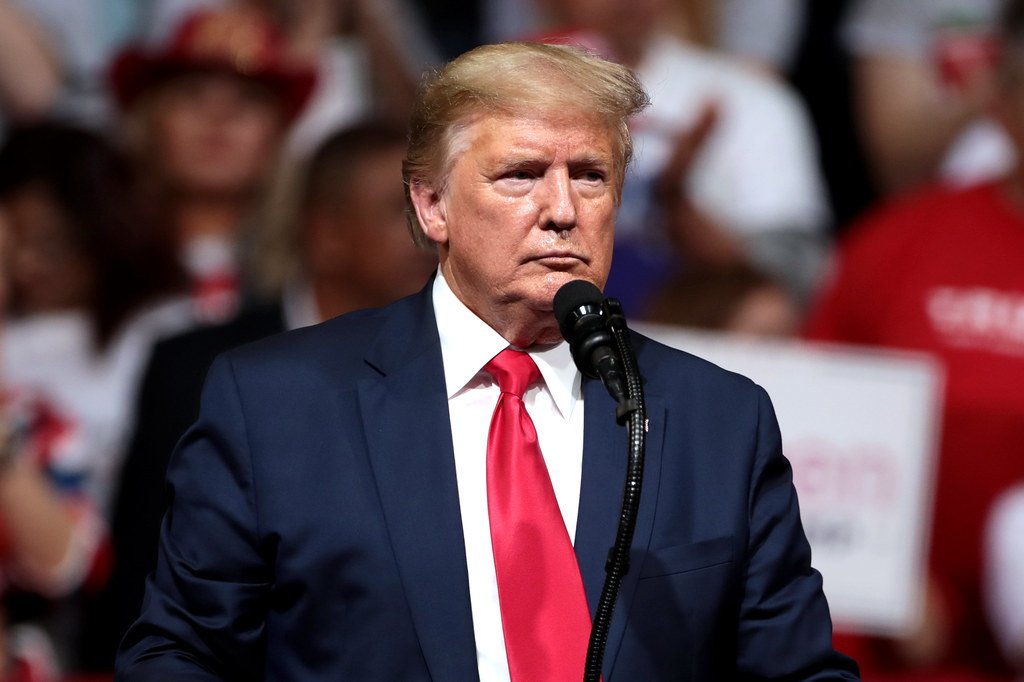BlogHear.com – June 29, 2025 — The Republican-controlled U.S. Senate narrowly advanced President Donald Trump’s expansive tax-cut and spending bill during a marathon weekend session marked by political tension and strategic delays. The Senate voted 51-49 to open debate on the 940-page legislation, which aims to fund Trump’s key immigration, border security, tax-cut, and military priorities.
Two Republican senators, Thom Tillis and Rand Paul, joined Democrats in opposing the bill, citing concerns over Medicaid cuts and a rising federal debt ceiling. Despite last-minute negotiations led by Republican leaders and Vice President JD Vance, the vote was delayed for hours as Democrats pushed to have the bill read aloud in its entirety, a procedural move that could extend the debate until Sunday afternoon.
Senate Democratic leader Chuck Schumer criticized the bill for favoring the wealthy at the expense of social programs for low-income Americans, pledging to prolong the debate with a full reading and a lengthy amendment session, known as a “vote-a-rama.” Lawmakers hope to finalize the bill by Monday.
President Trump celebrated the Senate’s progress as a “great victory” on social media, but he also publicly criticized Senators Tillis and Paul for their opposition. Tillis objected to the bill’s Medicaid cuts, citing the potential negative impact on North Carolina’s healthcare system. Trump hinted at supporting primary challengers against Tillis in the upcoming election. Rand Paul’s no vote stemmed from concerns about increasing the federal borrowing limit by $5 trillion, a move Trump questioned on social media.
The bill seeks to extend the 2017 tax cuts, one of Trump’s signature achievements, while also increasing military and border security spending. The nonpartisan Joint Tax Committee estimates that the tax provisions would reduce government revenue by $4.5 trillion over the next decade, adding to the $36.2 trillion U.S. national debt. The White House, however, projects the legislation would reduce the annual deficit by $1.4 trillion.
Elon Musk, CEO of Tesla and one of the world’s wealthiest individuals, sharply criticized the bill, particularly its provision ending tax breaks for electric vehicles. Calling the bill “utterly insane and destructive,” Musk warned that it could cost millions of American jobs and harm the country’s strategic interests.
Medicaid provisions remain a contentious issue. The bill delays cuts to state Medicaid funding and allocates $25 billion to support rural healthcare providers between 2028 and 2032, addressing opposition from Republicans representing rural states. It also modifies the cap on federal deductions for state and local taxes, raising it to $40,000 with a phased reduction for high earners—a key concern for Republicans from high-tax coastal states.
Republicans are using budget reconciliation to bypass the Senate’s usual 60-vote threshold, allowing the bill to advance with a simple majority. Democrats plan to counter with amendments aimed at restoring cuts to healthcare, food aid, and other social programs.
Additionally, the legislation includes a significant increase in the Treasury Department’s debt ceiling to avoid a potential default on U.S. debt obligations in the near future.
If the Senate passes the bill, it will return to the House of Representatives for final approval before being sent to President Trump for signature. The House passed its version of the bill last month.
Stay updated with comprehensive political and economic news at BlogHear.com.




